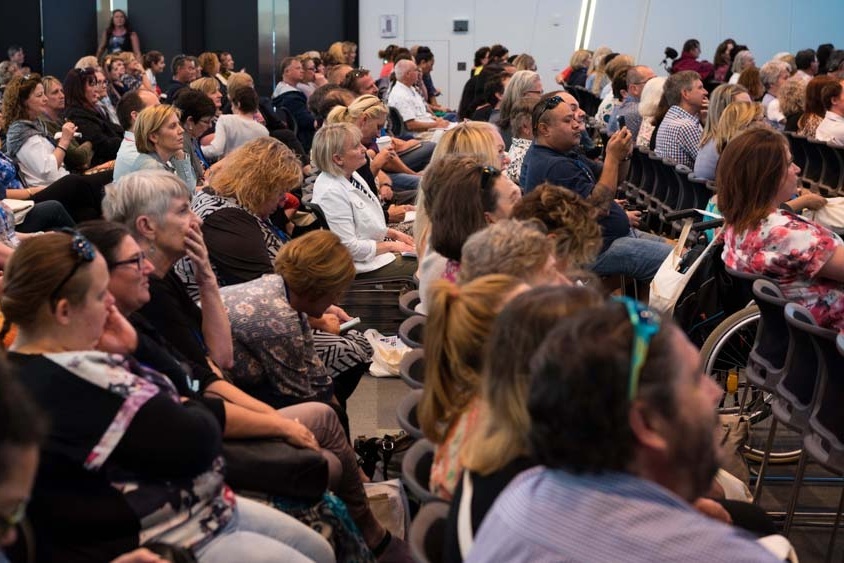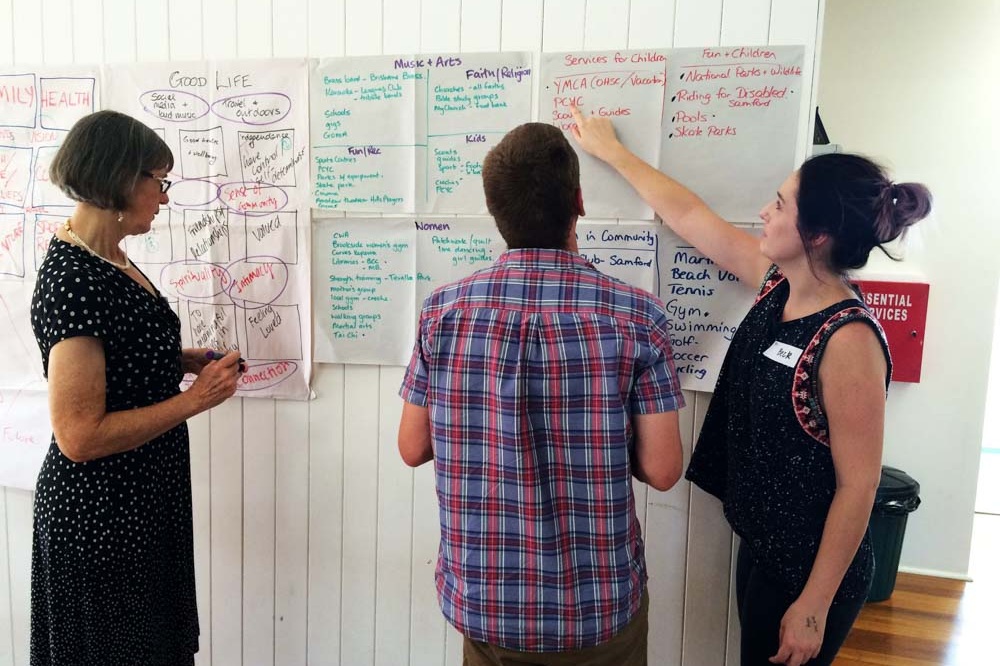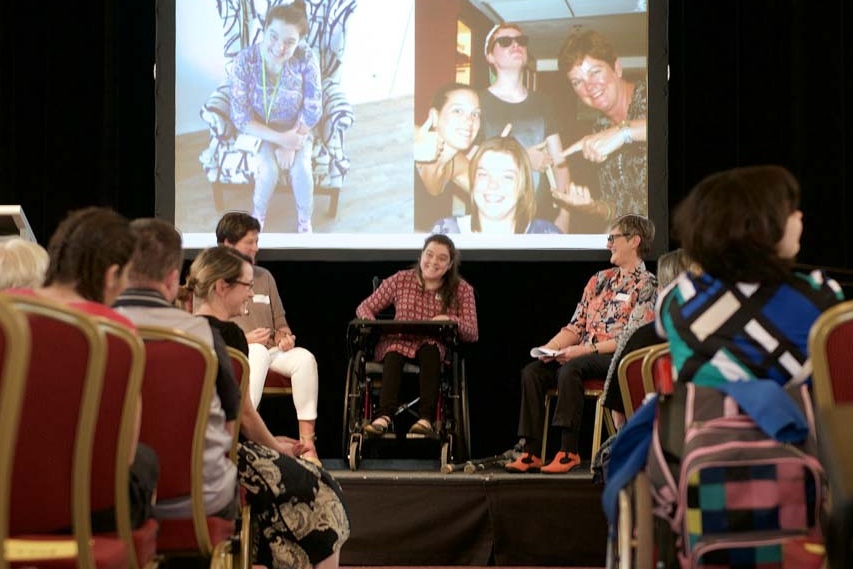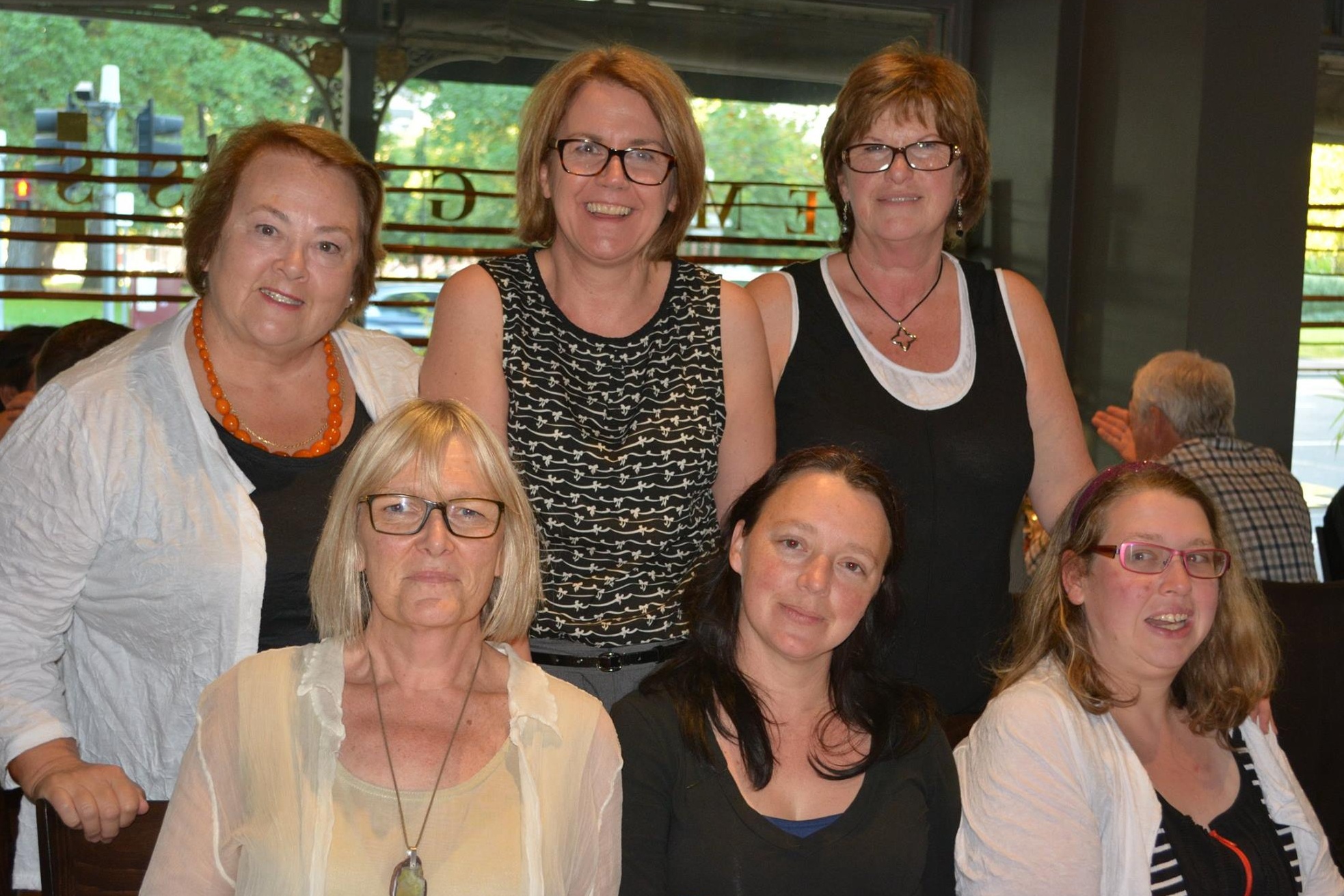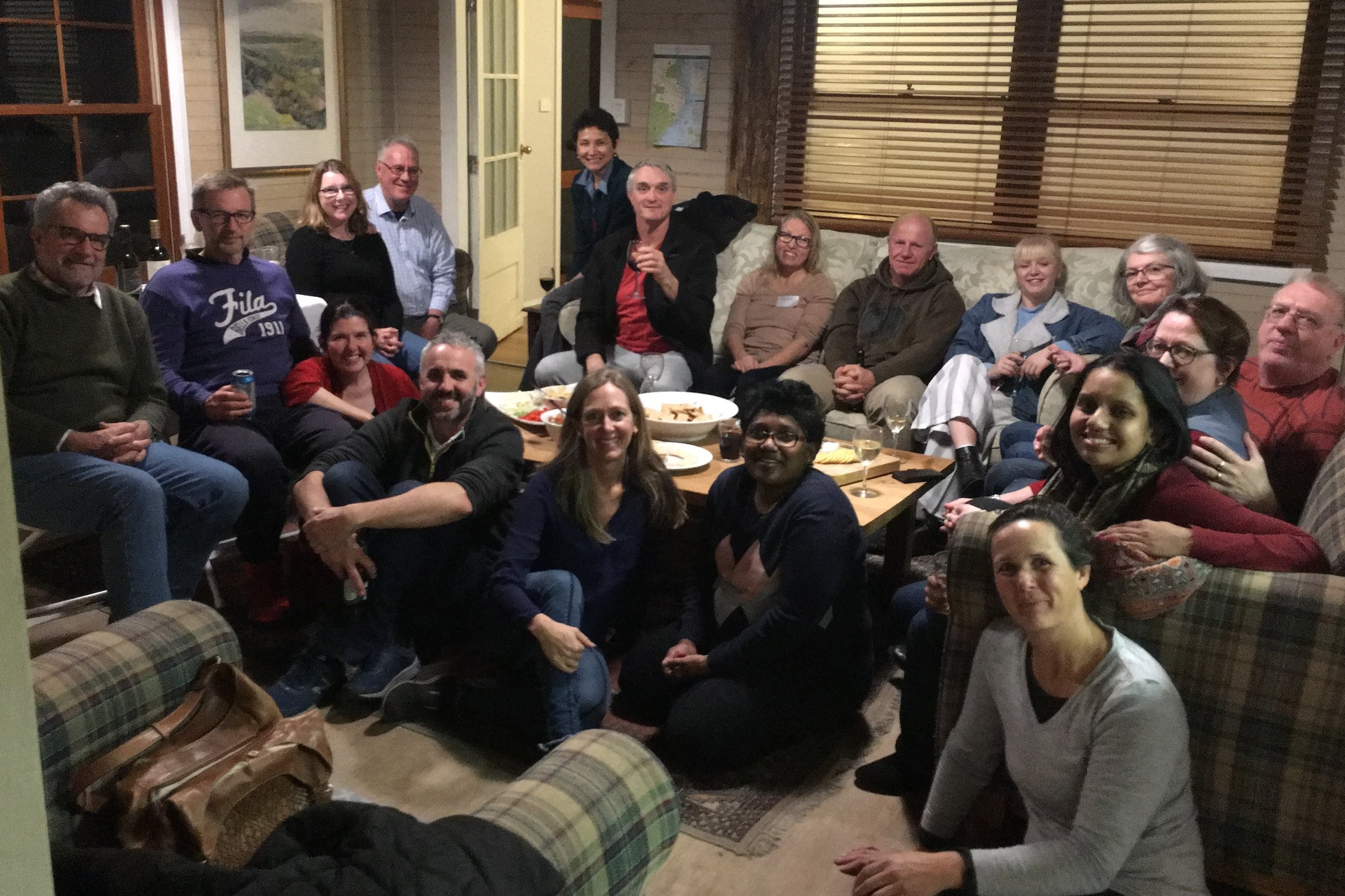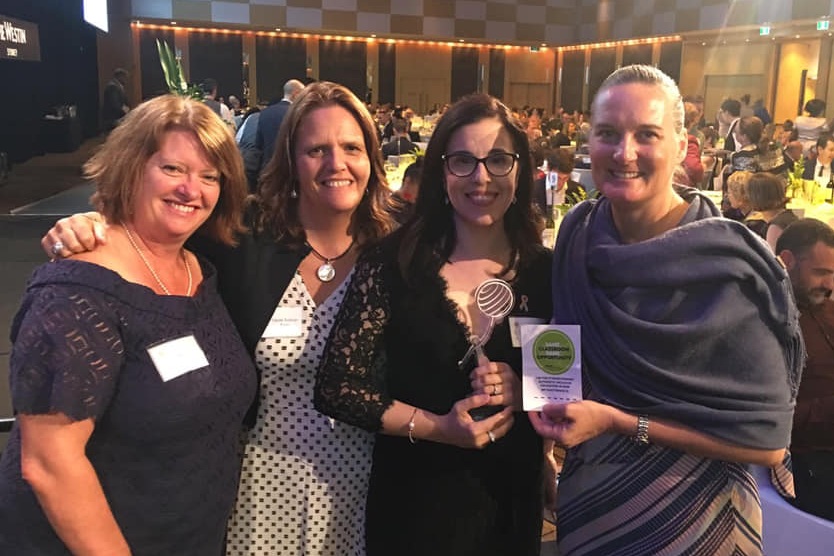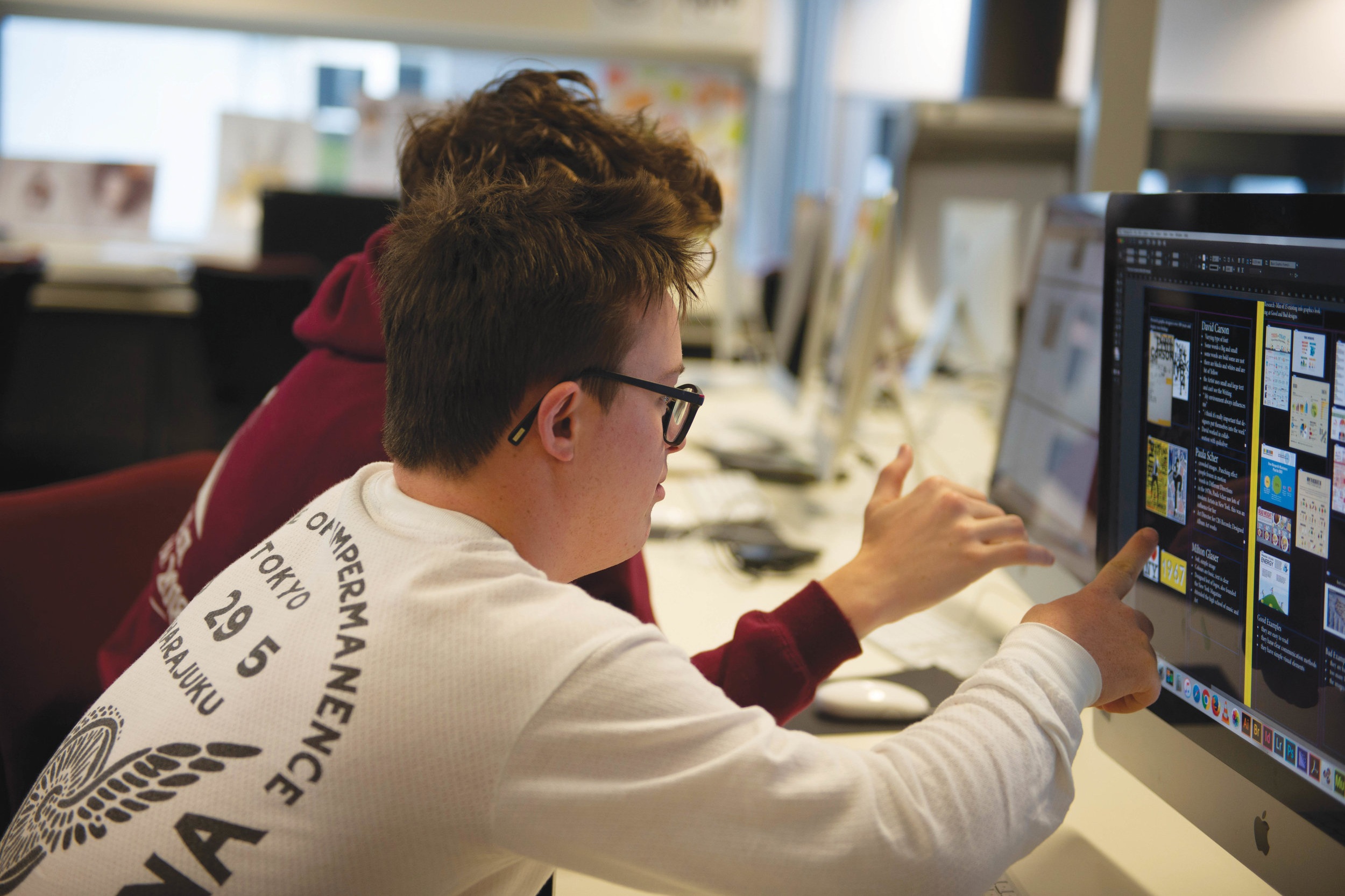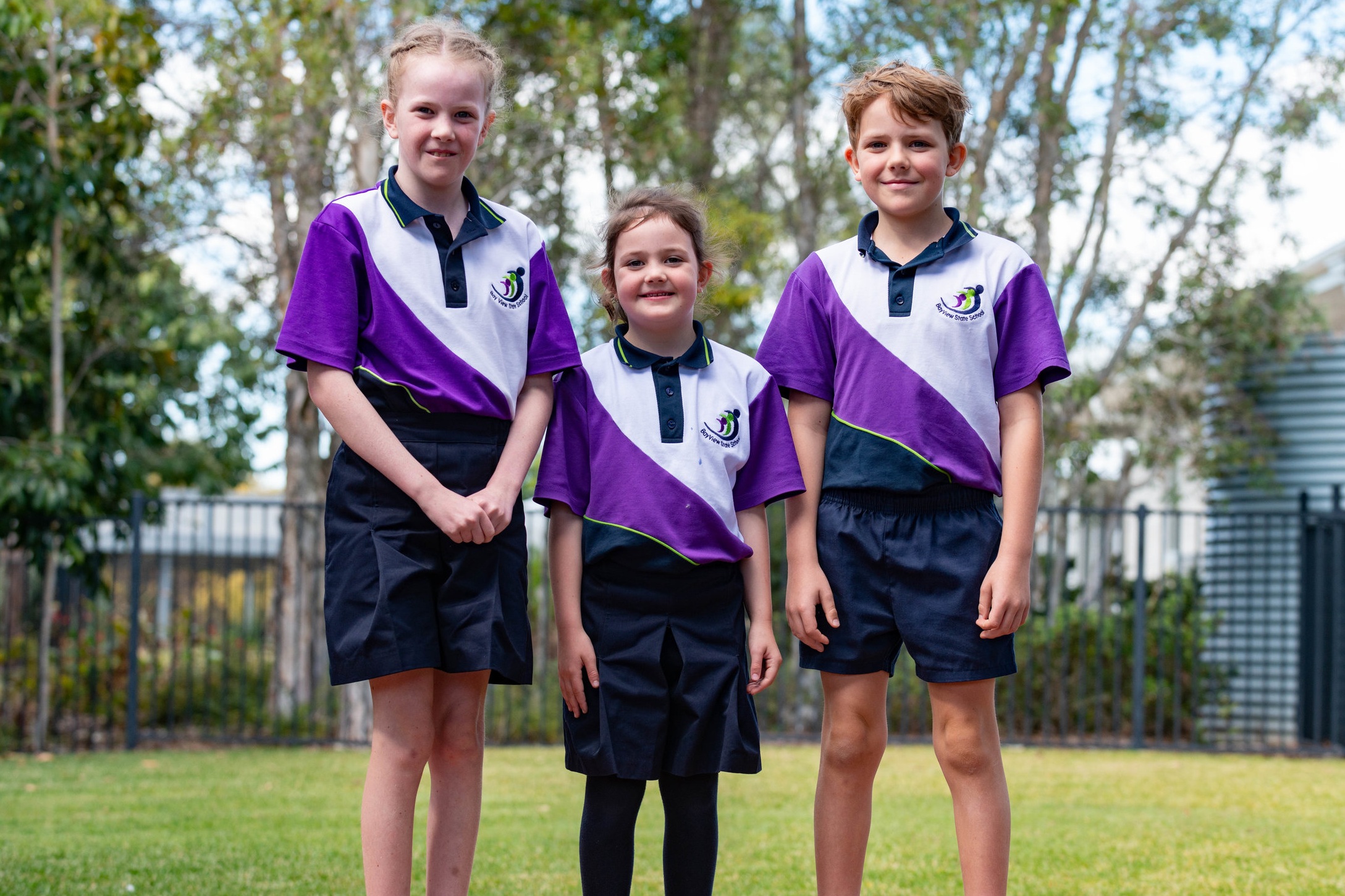NACBO has demonstrated through its combined experience that face-to-face contact, timely and tailored follow-up consultations are potent means of raising expectations and building the motivation and confidence of people to pursue genuine social inclusion.
Supporting and resourcing the leadership skills of people with disability and families enables them to then support and resource others.
This model is based on our combined experience of what makes a difference in the lives of people with disability.
1. Principles
The work of NACBO is guided by and embedded in principles which assist people with a disability to have a good life in the community. NACBO believes that people do better when they experience, like all other citizens, the good things in life. This means people have the opportunity to:
· take up valued roles,
· pursue typical pathways that are available to all citizens,
· participate in ordinary community places rather than segregated places,
· belong through active and valued contribution to the community,
· have personally tailored lifestyles and supports rather than grouped, responses based on diagnosis or efficiency
· make informed decisions about their own life.
2. Education
NACBO provides a range of capacity building opportunities and resources. Learning opportunities include information, workshops, webinars, conferences, discussion groups and presentations to people, families and their networks on topics such as the importance of a positive vision, inclusive life, and roles-based practice. A range of resources are also produced to support learning opportunities, for example video and film, podcasts, periodicals, websites and social media.
Telling real-life stories by a variety of methods that illustrate people with disability living valued, ordinary and inclusive lives is one of the most potent strategies for raising people’s expectations and building the motivation and confidence to act. Building the confidence, skills and knowledge of people with disability, their families and communities is at the core of our work.
3. Follow up
An important aspect of the NACBO model is follow up assistance. Although learning opportunities and resources provide an important catalyst for thinking and opening up possibilities about what’s possible, providing individual coaching and mentoring to individuals and families is usually crucial to people taking action and making progress on their vision and goals. This might include mentoring and coaching to enable people with a disability and their families/allies to:
· identify their interests and needs,
· develop a vision and plan,
· discuss a range of creative and flexible ways to implement their plans,
· work out what resources they might need to implement their plan,
· build in a range of informal and formal support,
· how to build a valued role,
· think about people and places in the community, and
· safeguard the future
It’s about empowering people to do this for themselves; not about someone else doing it for them in the long term – this is a guiding, assisting, ‘walking with’ role. This work might also include Circle of Support facilitation, Peer to Peer groups and community projects. This enables people to go deeper, invite others into their lives and connect with peers.
4. Leadership
In our work, people with disability and their families are supported and resourced to develop their leadership to then support and resource other people and families. This could be as a peer or a mentor and in either paid or unpaid capacity. Leadership development is both direct through attending leadership development courses and workshops but also indirect through being asked to present, write, lobby and co-design projects. A lot of change is required for people with disability to belong, participate and contribute. We need leaders to lead that change.
5. Outcomes
NABCO has a strong focus on assisting individuals to achieve outcomes, for example short term outcomes such as gaining knowledge and skills, and longer-term outcomes such as finding a job, studying, moving into a home of their own, becoming a member of a club or association, and developing civic and other roles.
NACBO has the ability to gather evidence of outcomes at a local and national level through the process. Ongoing evaluation further informs the development of the model, and the learnings are documented and shared.
